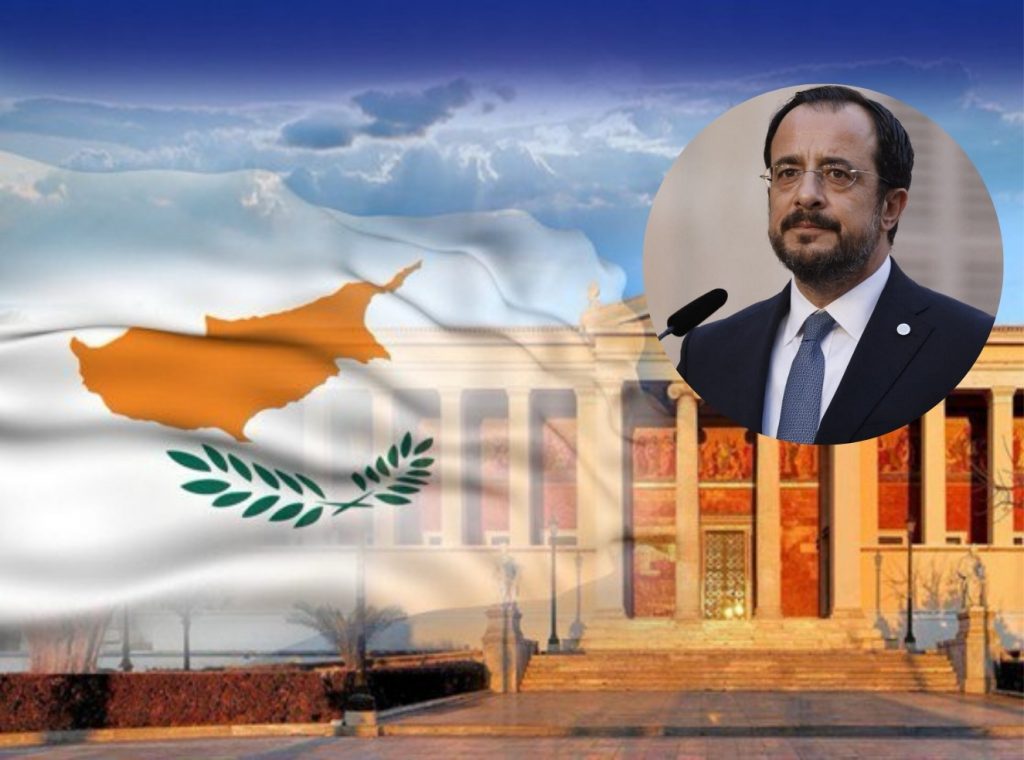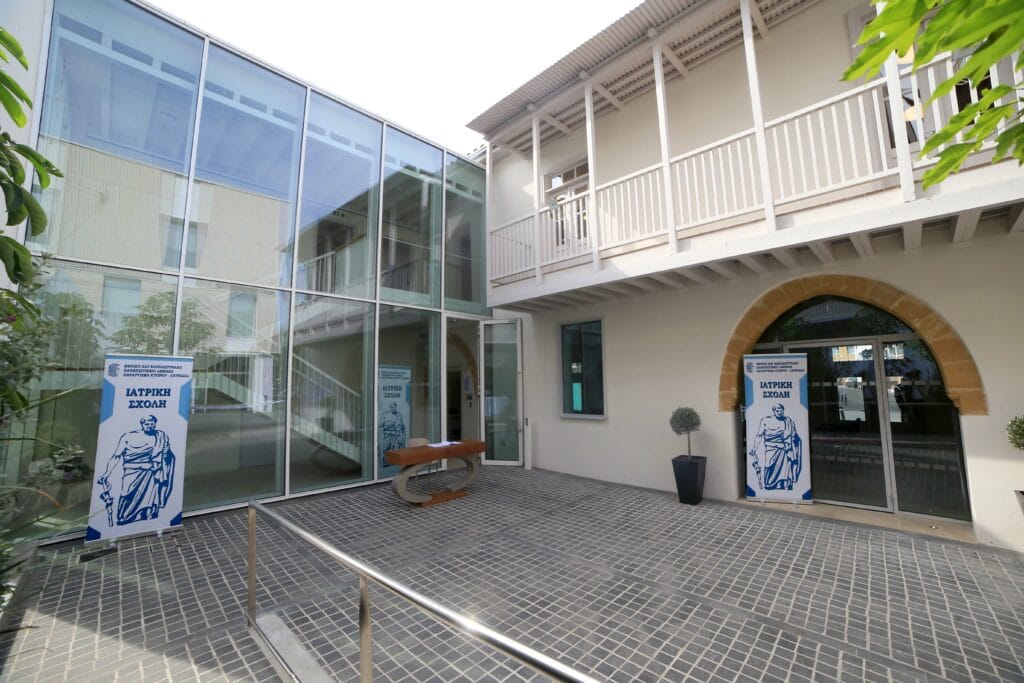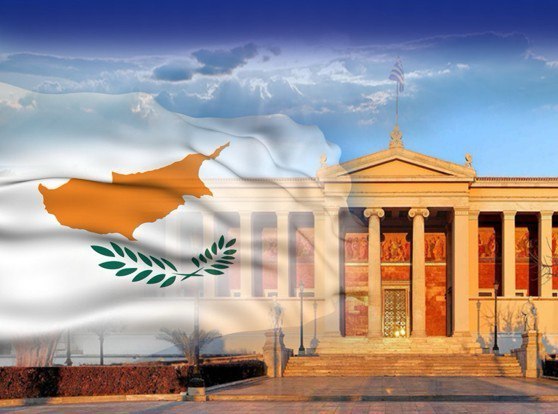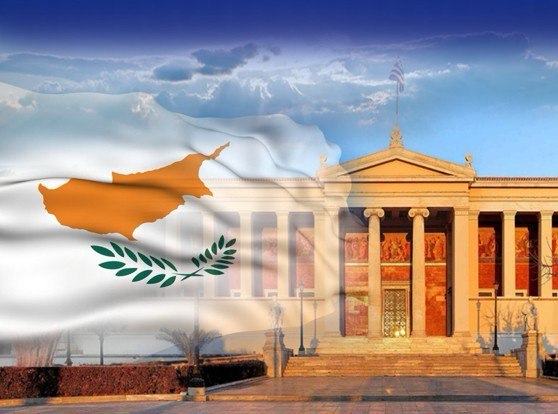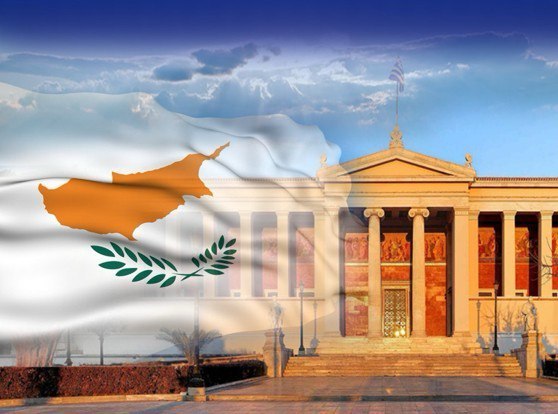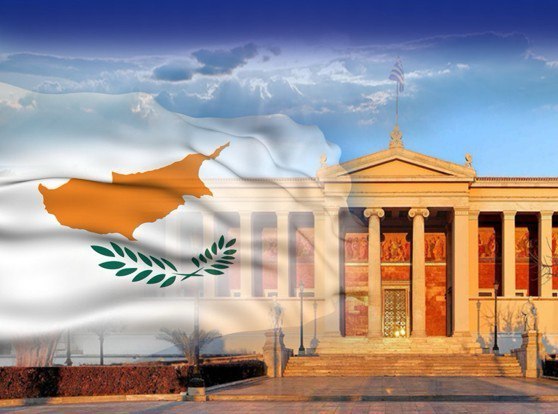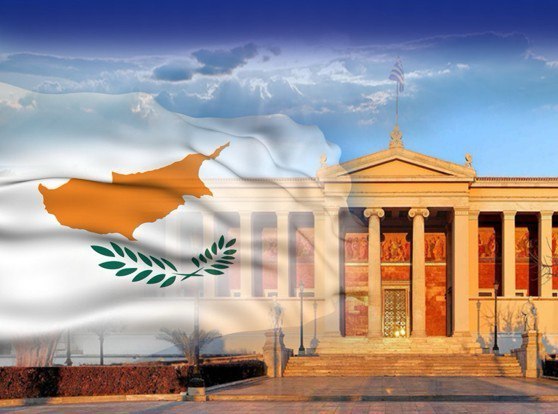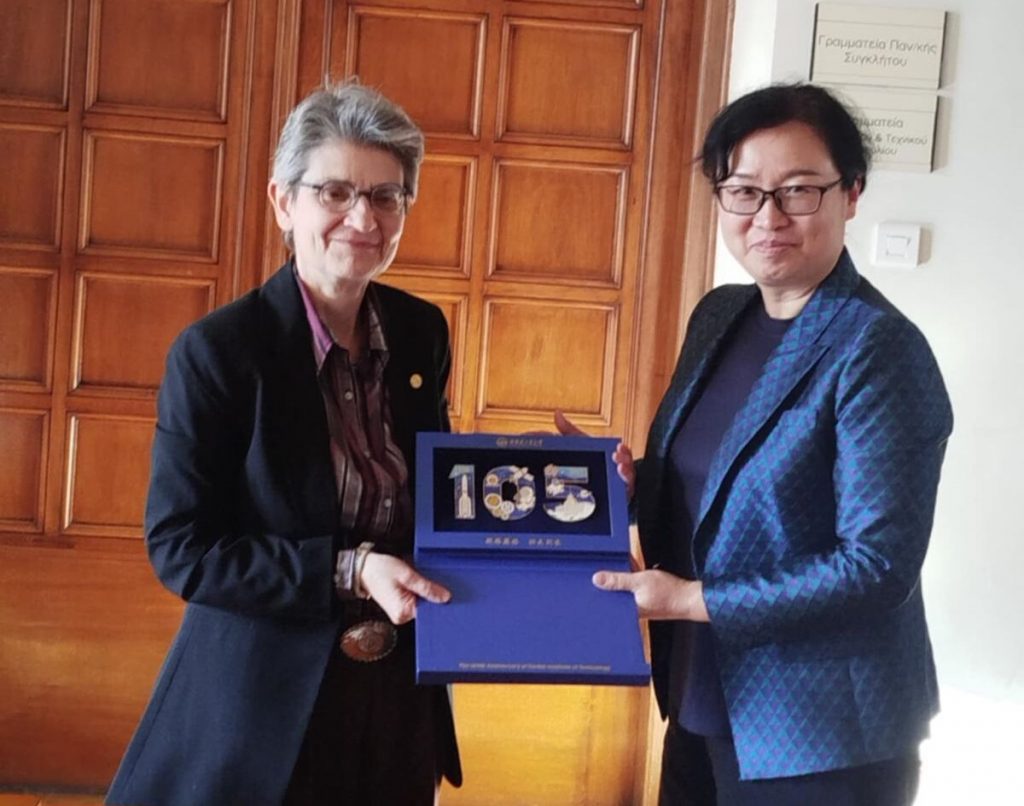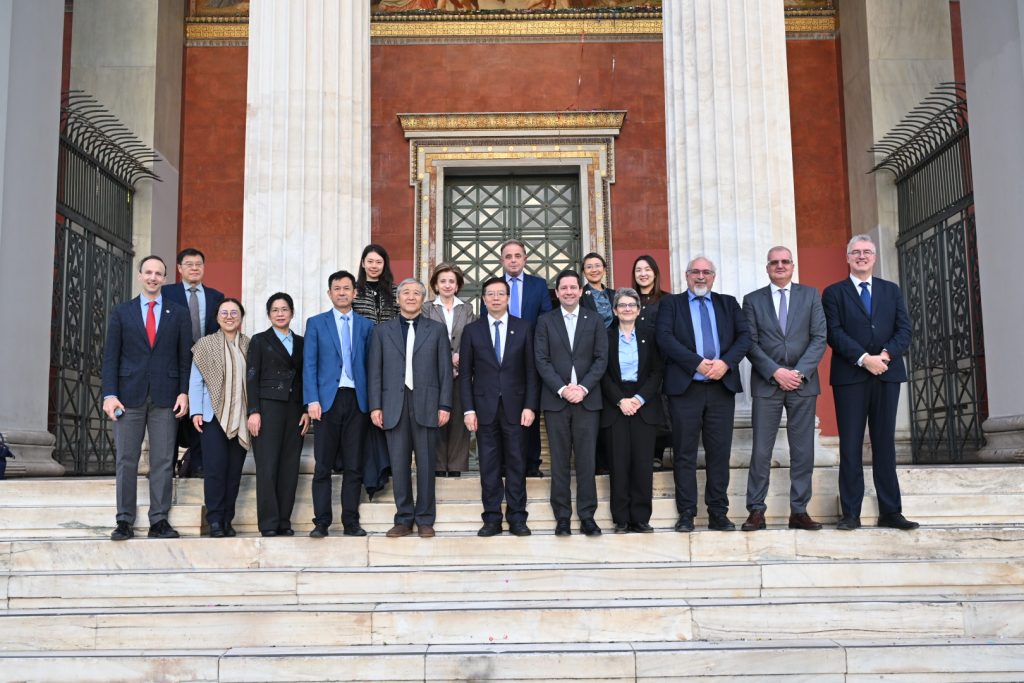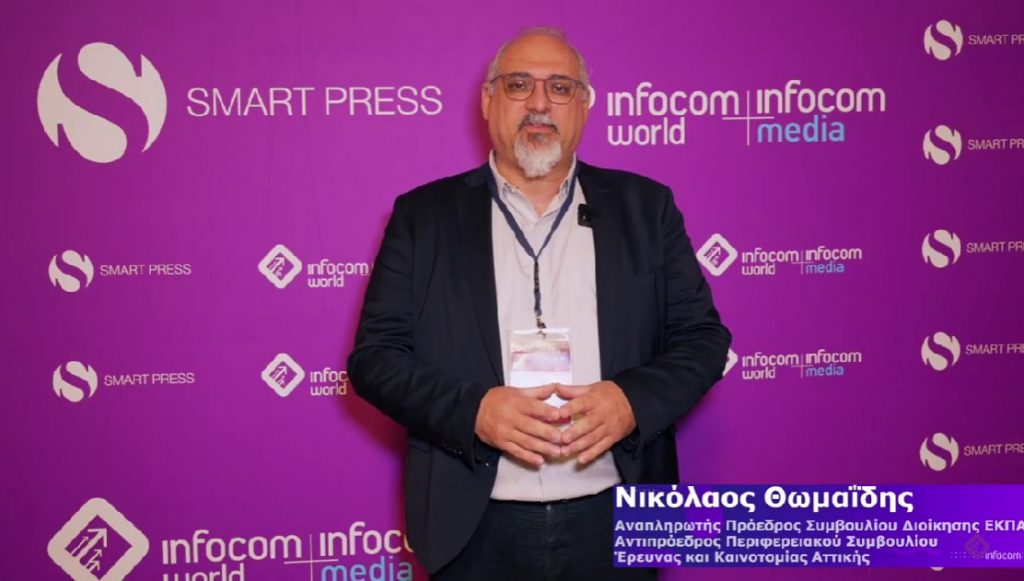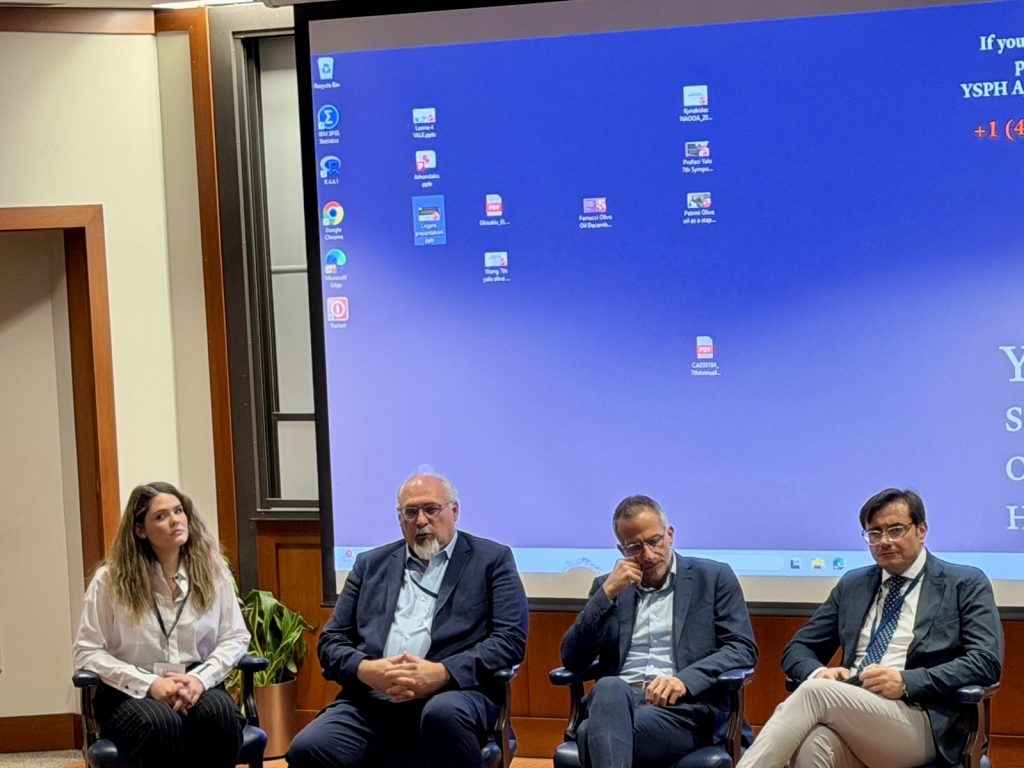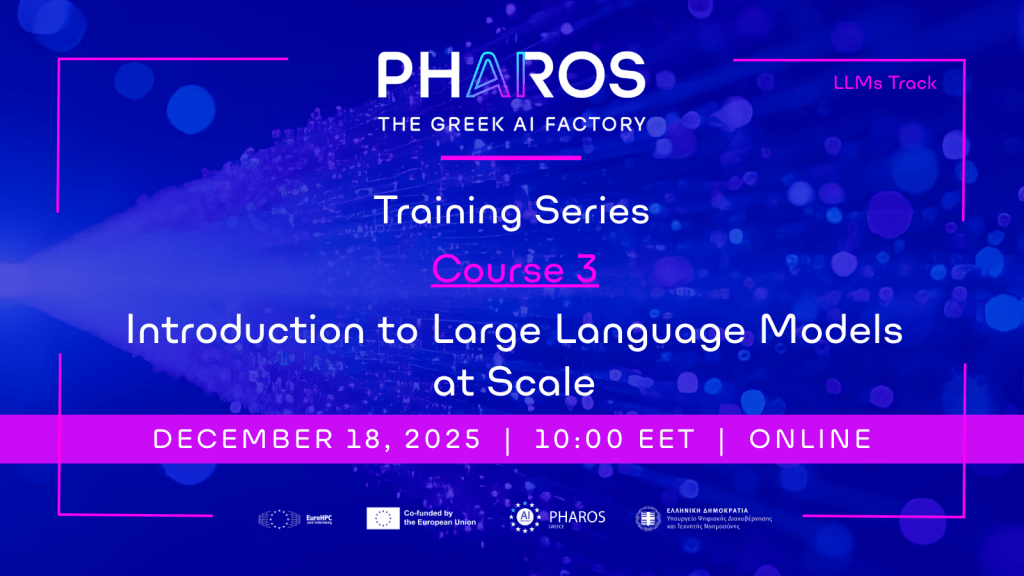Saroosh Zahid is a rising junior at Georgetown University-Qatar, pictured above third from left.
As I walk down the most recent lane in memory town, I can’t help but smile at the thought of two wonderful weeks I spent with a brilliant group of people in Greece. I was part of the Earth Commons’ summer course in Greece: Sensing Marine Ecosystem Health & Climate Impacts from Space. This was a joint initiative between Georgetown University (GU) in Washington, DC, Georgetown University-Qatar, and the National and Kapodistrian University of Athens (NKUA), with five students from each of the participating institutions. This 5+5+5 formula turned out to be the “secret sauce” which gave this course so much flavor!
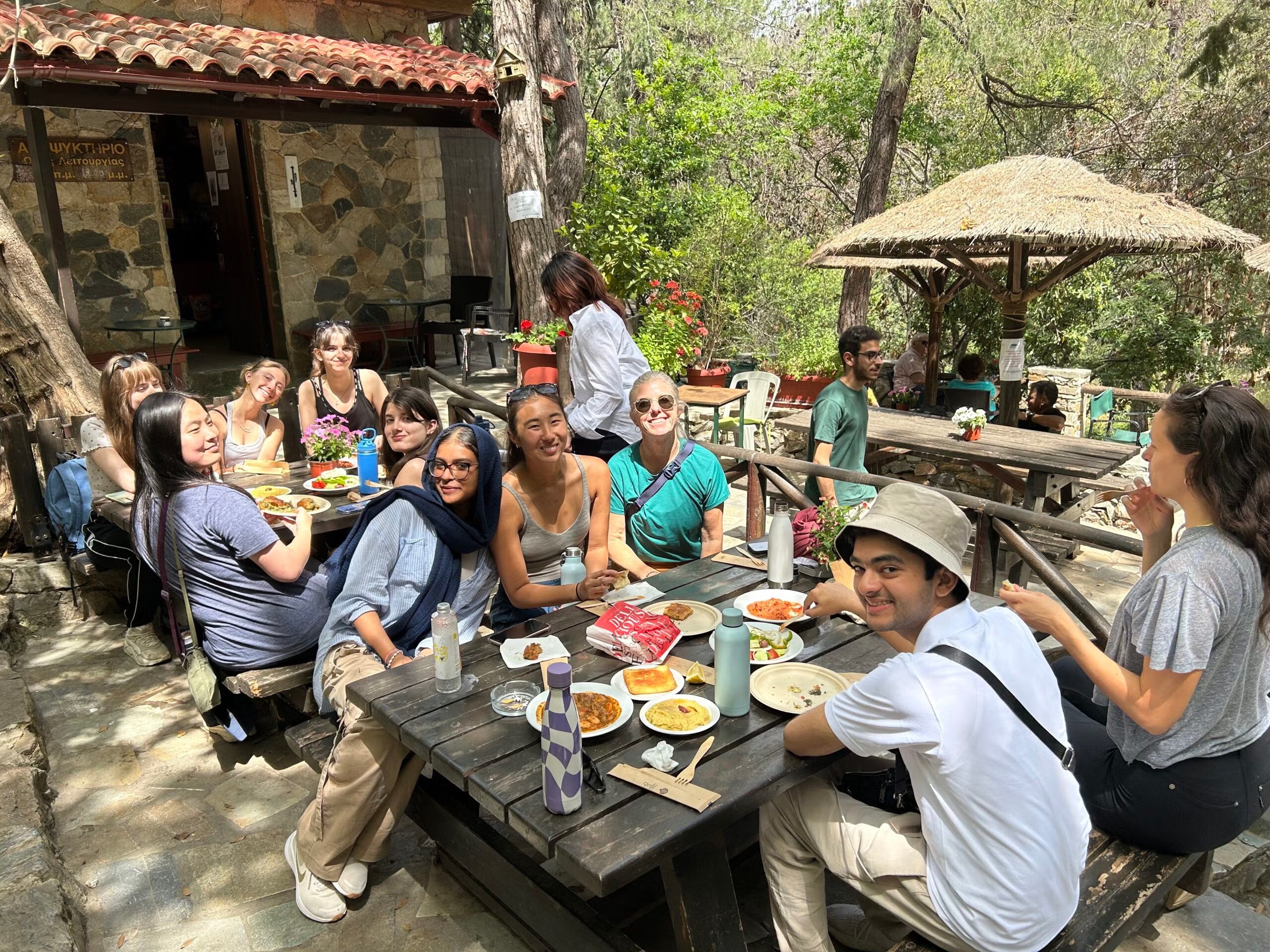
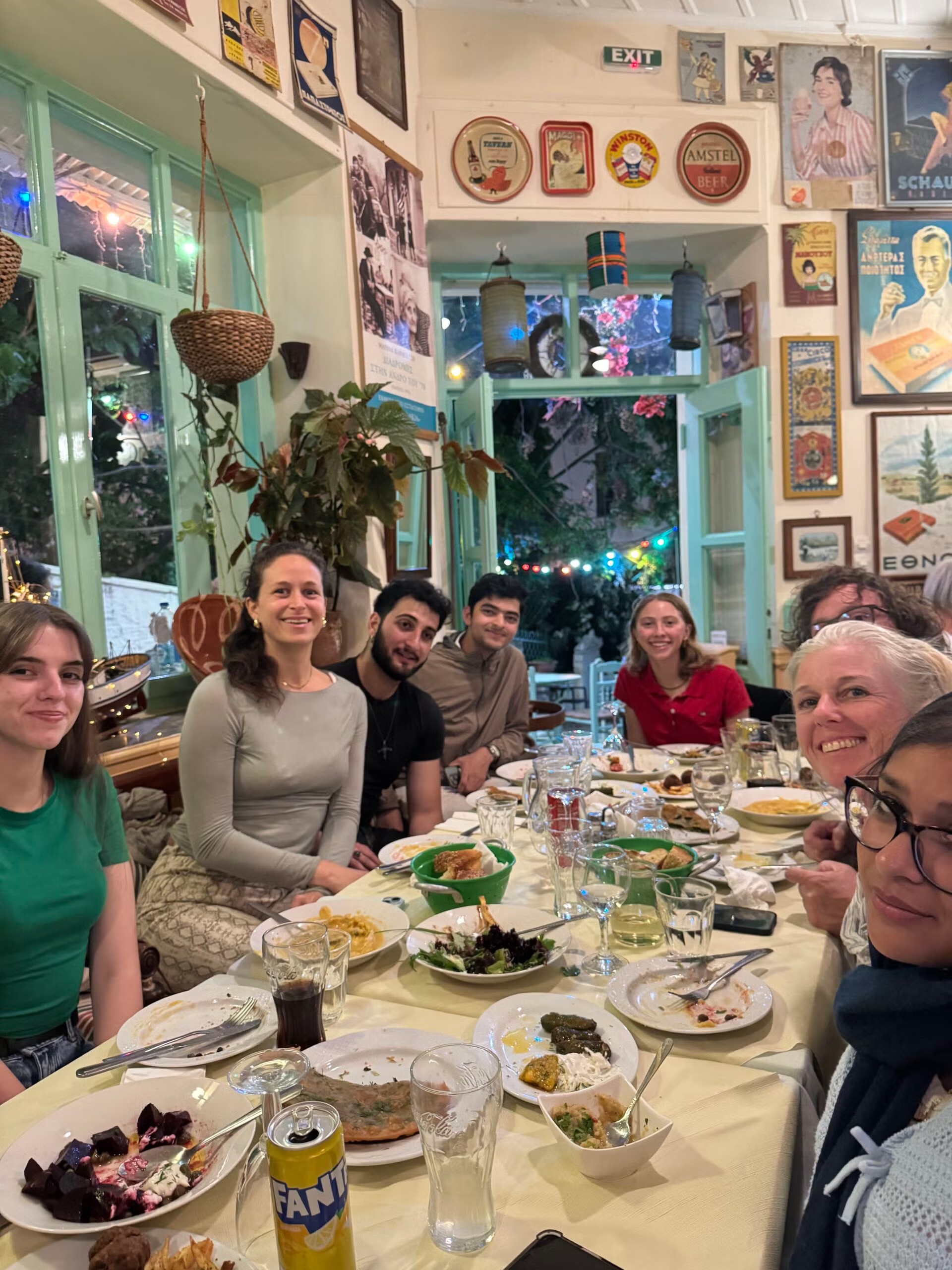
We received academic tutelage under professors Jesse Meiller and Dionysios Raitsos, with the logistical brilliance of Katerina Downward of the Earth Commons-Greece keeping everything running smoothly. The course consisted of two parts: the first in Athens at the NKUA biology department and the second in Andros with the Andros Research Center. As a student of International Economics at GU-Q, this course was somewhat distant from the normal scope of my academics. So far, I have been privy to more of the policy discussions around environmental science, and I have consistently felt a lack of scientific knowledge informing environmental policymaking. This course offered me a way to snorkel (somewhat literally and intellectually) in the waters of science-proper while expanding the colors on my academic palette.
Over the first week in Athens, we learned the fundamentals of marine biology, starting with phytoplankton and thermoclines and all the way to oceanographic equipment used to collect in-situ data. In the second week, we put our new knowledge to practice by collecting samples from the ocean using niskin bottles, secchi disk, and sea surface samples from the Andros port and from a few kilometers into the Aegean. We then studied the samples under the microscope, observing the phytoplankton, zooplankton and, unfortunately, quite a few microplastics in the water. Nearing the end, we worked in pairs to prepare a research report about primary productivity of any interesting oceanic region around the globe using satellite data from ESA & NASA and presented our findings on the last day of course.
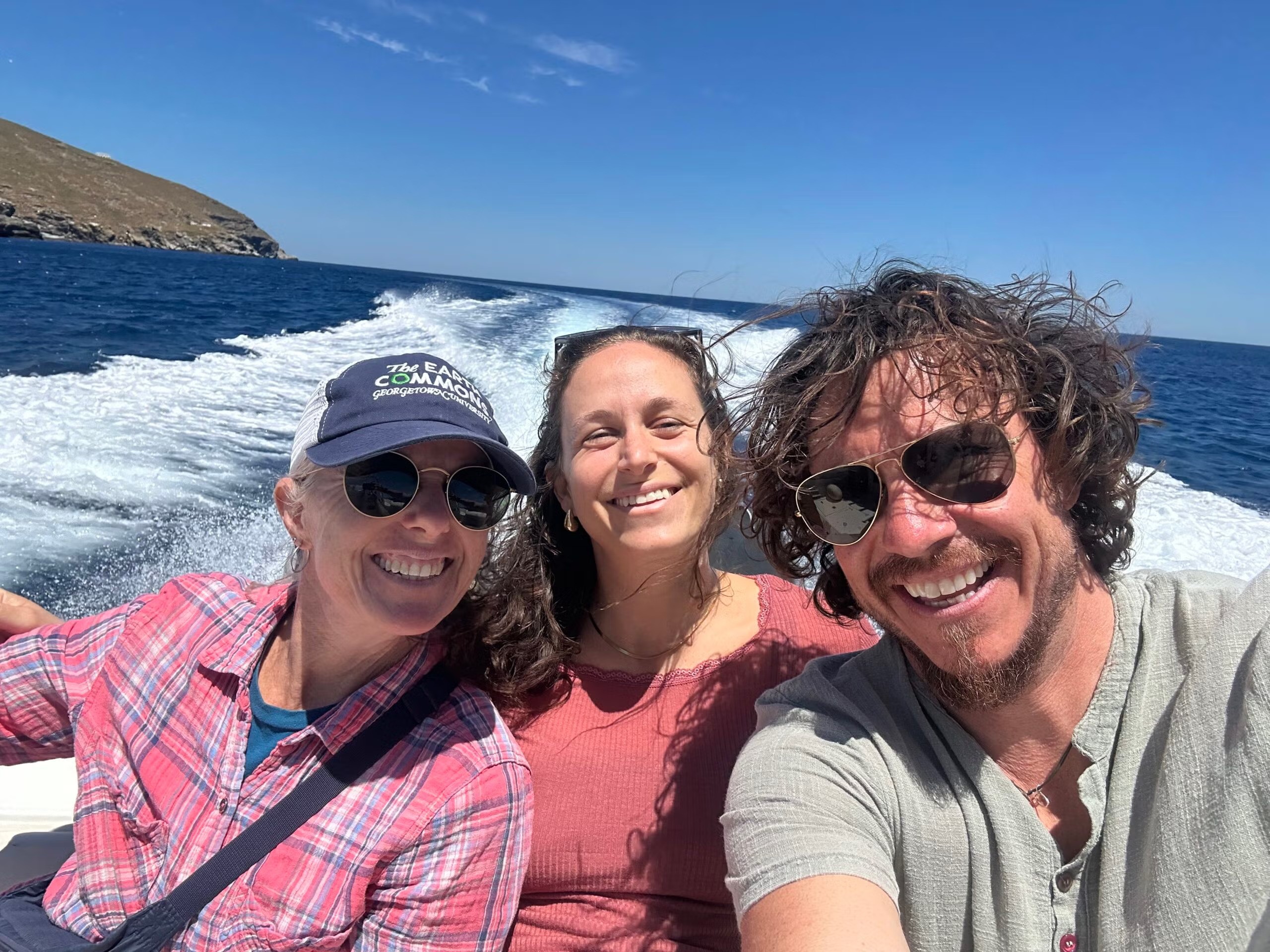
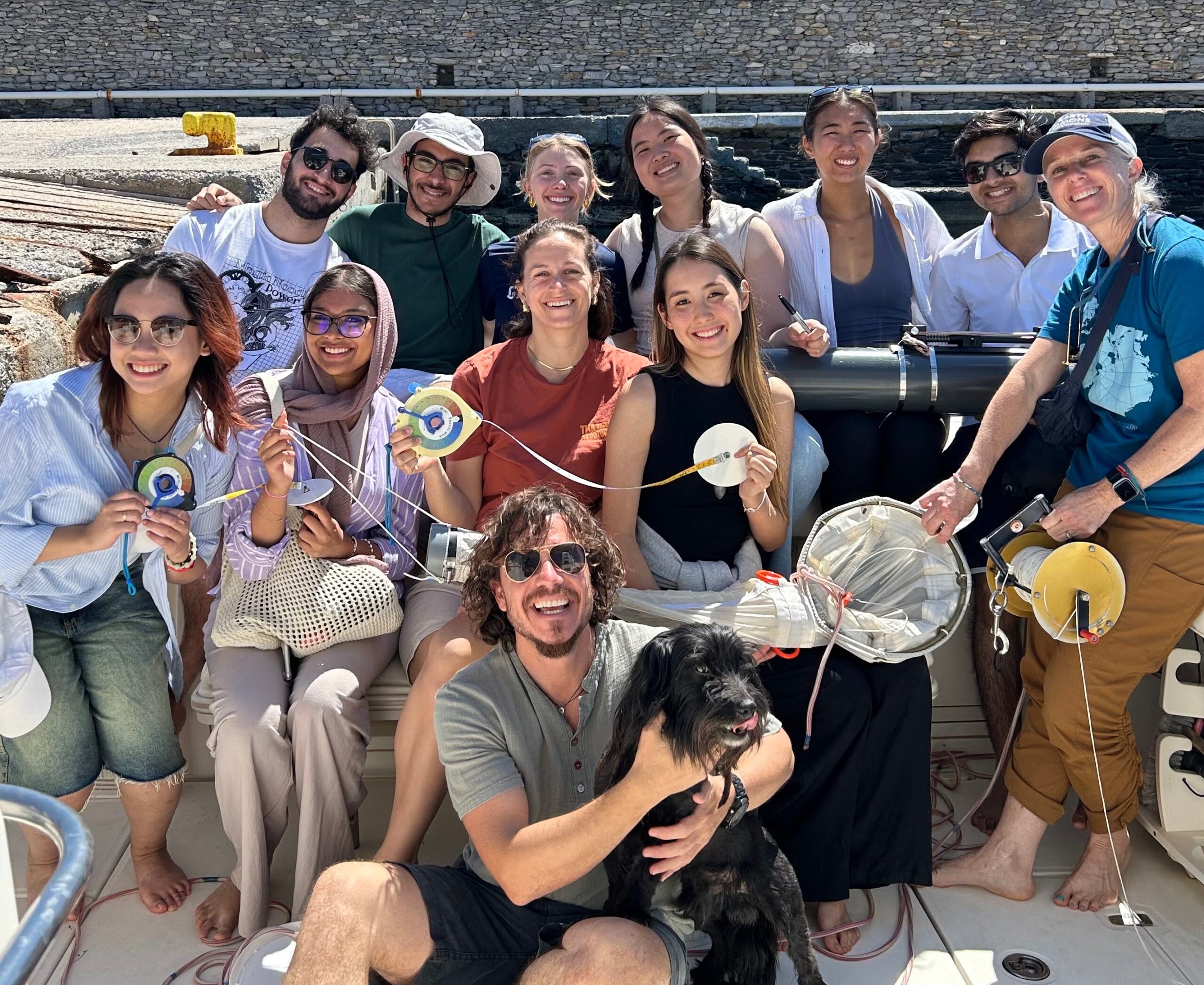
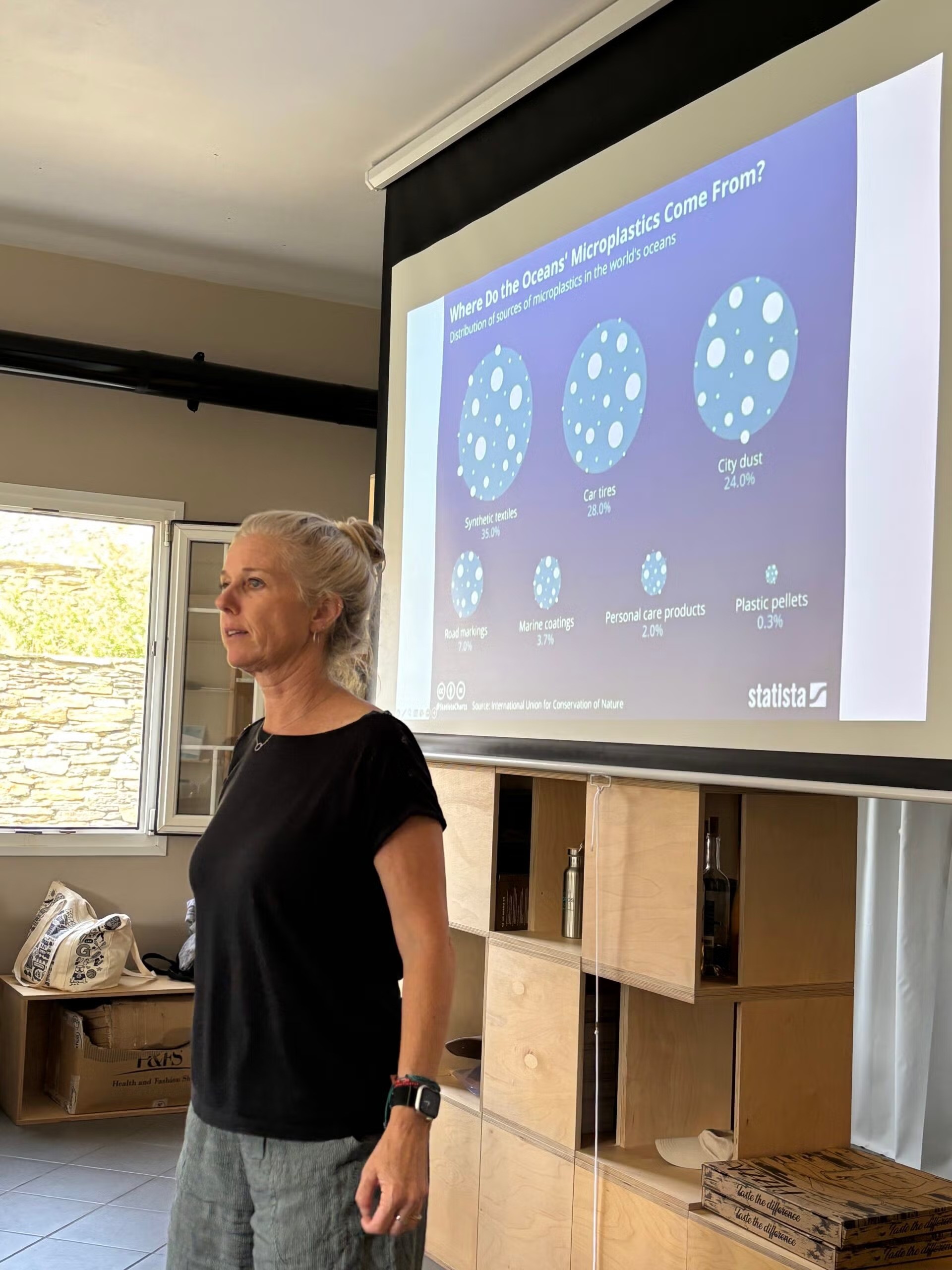
As exciting and fun as the academic experience was for me, it was the shared meals, quiet conversations and slow weaving of trust that gave our learning deeper meaning, reminding us that science, at its best, is a profoundly human endeavor.
As I look back on the two weeks, I find it very hard to pick and choose a particular memory because every moment is so special to me. However, something that is evidence enough of the beautiful human experience is that although we were able to have several meals on our own, there was barely a Mediterranean meal that we had solo. Even after spending the whole day together, our cohort would get together to grab dinner and be out late, laughing, sharing, and being excellent humans deep into the night.
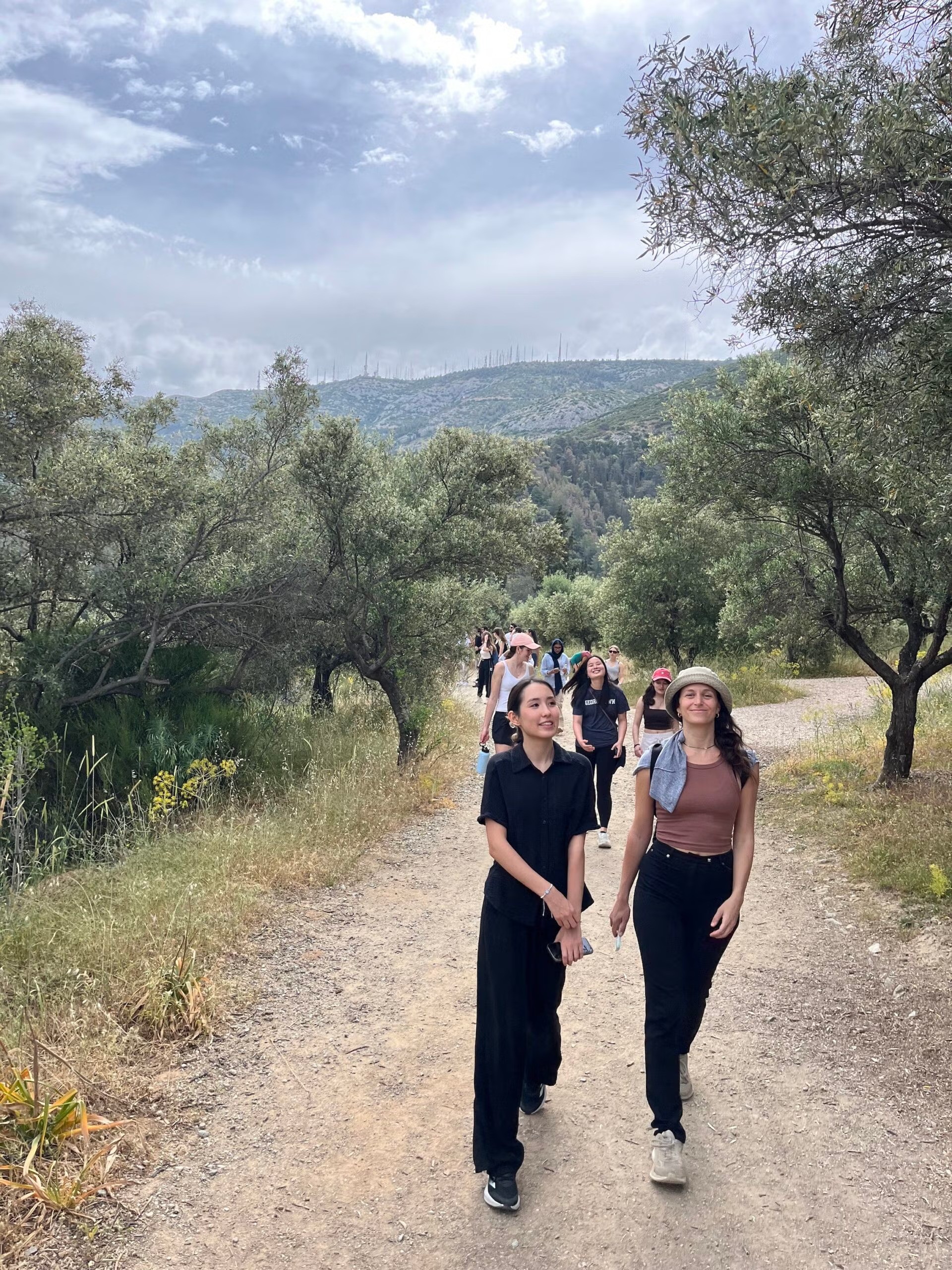
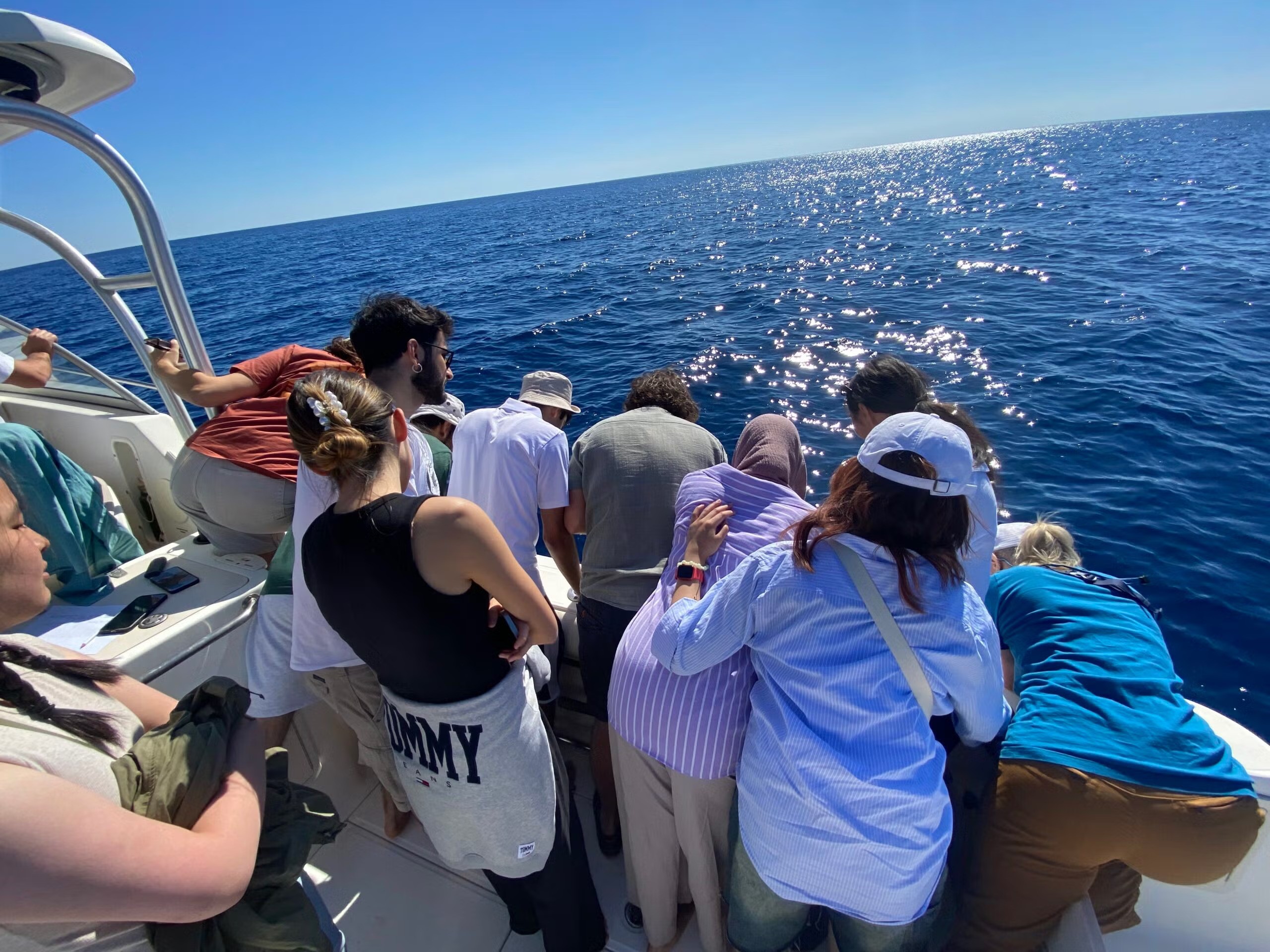
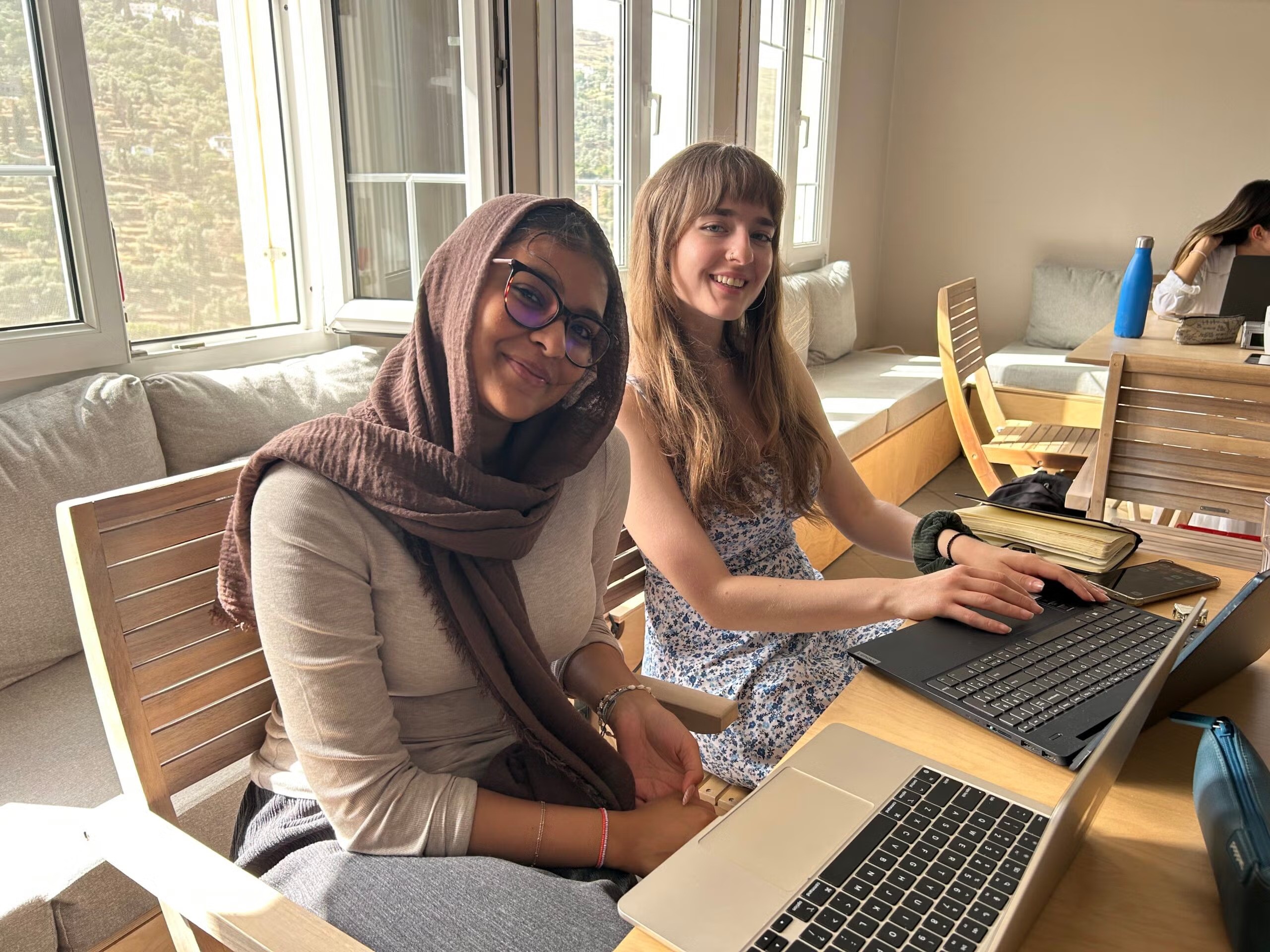
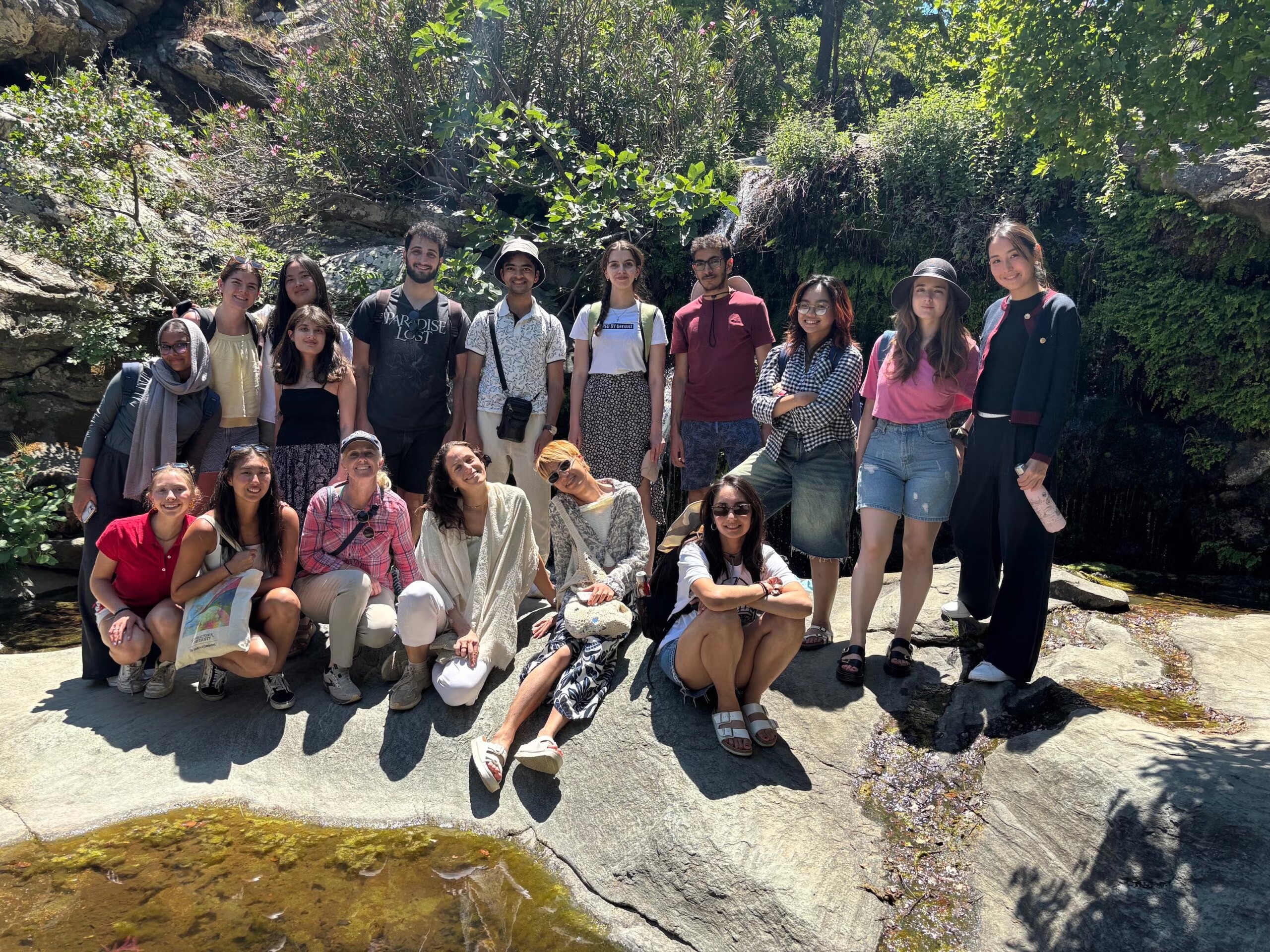
At the precipice of my undergraduate years, I would like to use the knowledge I gained and the relationships I’ve built in Greece to inform a mindful life that embodies a respect for the world I’ve been entrusted with, to act for preserving life—both microscopic and macroscopic—and to advocate for science-based environmental policy at every policy discussion I get to be a part of.
To my mentors and colleagues: thank you all for creating and sharing this experience of a lifetime with me!




